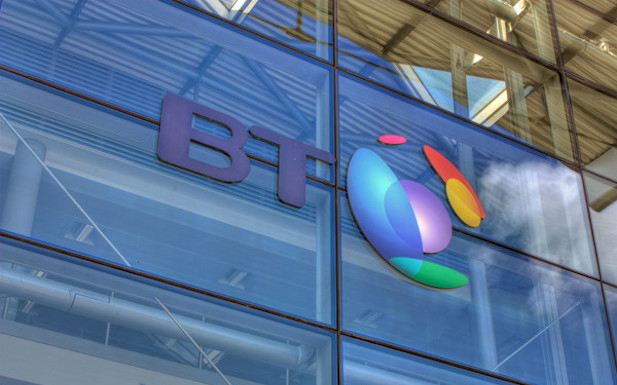BT is hoping the UK’s first public 5G testbed will help clarify the architecture of next generation networks and how consumers and businesses might use the technology.
The trial with Nokia and Bristol is Open, a joint venture between the University of Bristol and the city council, will see a 5G testbed set up in the city’s Millennium Square.
Using spectrum loaned by BT and Nokia’s 5G radio portfolio, researchers will explore ultra-high capacity and low latency functionalities.
The setup will feature two large terminals that will connect directly to the pre-standard 5G network, as well as an 802.11ad Wi-Fi and 4G+ network using 5G for backhaul. The trials will use the 2.6GHz, 3.5GHz, 26 to 28GHz and 60-70GHz spectrum bands.
A “major” public showcase will take place on 17 and 18 March next year. One set of use cases will focus on robotics, providing the opportunity for humans to interact with machines to test latency, according to Dimitra Simeonidou, the university’s Professor of High Performance Networks. There will also be connected bicycles and, potentially, an autonomous car demo.
A second set of use cases will focus on video content, including an immersive gaming event. Afterwards, a series of tests will aim to look at projects designed to transform the city in the long-term, with “smart tourism” earmarked as an initial area.
Throughout the trials, the testbed will aim to provide insight into architectural aspects of 5G including the use of Massive MIMO and mmWave bands. It will also allow testing of key concepts such as multi-access edge computing, which was trialled earlier this year by Bristol is Open.
Speaking at an event in London to mark the announcement, BT Chief Architect Neil McRae says the test would help to make 5G “tangible”.
“One of the big differences in 5G as mentioned is we’ve kind of driven it from a use-case perspective,” says McRae. “Predominantly because prior ‘G’s were driven by historical use cases – what have we used it for before?”
He says with 5G the focus had instead been more on what it would be used for in the future.
BT’s involvement in the testbed comes just weeks after CEO Gavin Patterson spoke of the lack of a clear business case for 5G.
But McRae says he feels it would be quite easy to sell better connectivity, using the example of a number of people trying and failing to watch a video in the same area over 4G and experiencing congestion.
“[It’s] a sellable and marketable thing. There are those people who will pay for that,” he said, admitting that the question of how much they would pay was still to be answered.
Asked about Patterson questioning the business case for 5Gs, McRae says: “He’s a CEO, that’s what he’s going to do.”
He adds: “When Gavin talks about business cases, it’s ploughing all these other use cases in together. It’s knowing the certainty about what vendor costs are going to be, reflecting 5G is a more efficient technology, understanding what radio will mean for battery power.
“Over the next…year as we’ve nailed that stuff down we can start to really understand where we need to build and what the plan is. These tests we’re doing give us this insight to our planning systems.”
McRae did give a generalised insight into the operator’s plans for initial deployments, saying 5G would be built “when people need it and in the right places they will need it”.
He indicated BT has some idea of how much these initial introductions will cost, but would not give a figure nor what the costs would be for nationwide coverage of the technology.
Alongside the partnership announcement, Nokia released a report based on a survey with 2,000 consumers in the UK aged 16 and over and 200 IT decision makers which indicated a tentative interest in 5G but some way to go.
Titled ‘5G: Separating the Hype from Reality’, the report found 47 percent of consumers believed 5G would be a slightly faster version of 4G. Ninety percent were interested in using high definition, rich, immersive services.
However, only 30 percent believed 5G would make a fundamental difference to download speeds and change how they connect devices. Only 12 percent thought 5G would mean they would no longer need to worry about content buffering.
Amongst the enterprise respondents, 76 percent already believed they had a basic understanding of 5G but only 18 percent identified it as “important” or “very important” to their businesses. Twenty eight percent said they would increase their investment in services and apps when 5G is available.
Cormac Whelan, CEO of Nokia UK and Ireland, said: “A lot of people think [5G] is like 4G but faster. A common misnomer. It is and a lot more.”
Nokia’s rival Ericsson also published its Mobility Report this morning, which claimed there would be one billion 5G connections by 2023.



